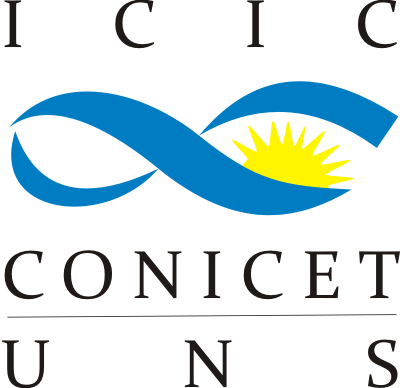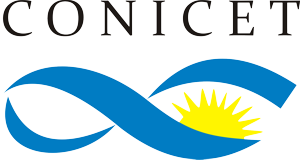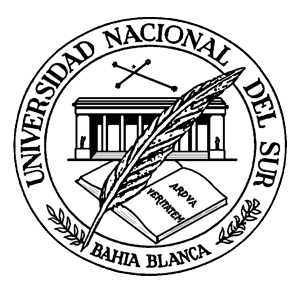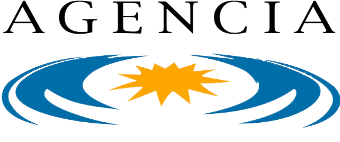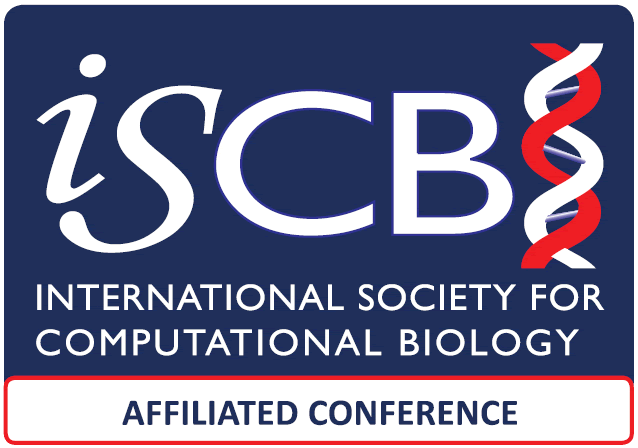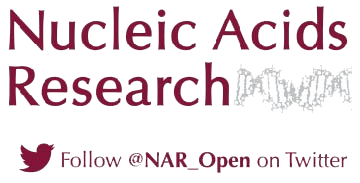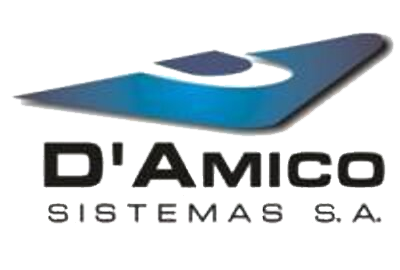Ana Conesa
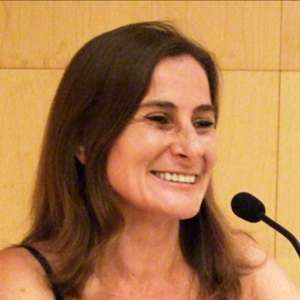
Leading principal investigator of several research projects that use high-throughput sequencing for functional genomic and coordinator of STATegra, a 3-year, 6 million euro (~10 million US dollar) European FP7 funded project with eleven european and american partners, that is developing statistical tools for the integration of diverse NGS, proteomics and metabolomics data. The DEANN project is a Marie Curie Action involving 12 European and Latin American partners to create a scientific network to the study of genome variation and gene expression in endemic human, plant and animal populations using sequencing data. Other current projects deal with the development of computational approaches for the functional characterization of long noncoding RNAs and the differential functional annotation of transcript isoforms. In addition to this research Dr. Conesa has an extensive record of bioinformatics education and training. During the last five years, she has organized and taught over 20 bioinformatics short courses on five continents and collaborated in several national Master programs. She is also the founder and scientific advisor of BioBam, a bioinformatics software spin-off company that offers professional implementations of some of the tools developed at her lab.
Alejandro Giorgetti
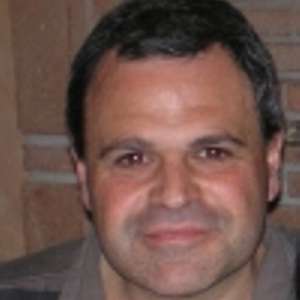
Edgardo Ferran
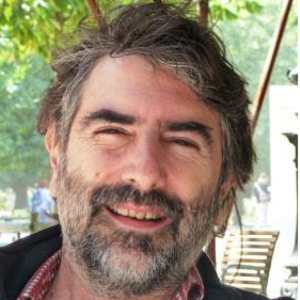
Georgina Stegmayer
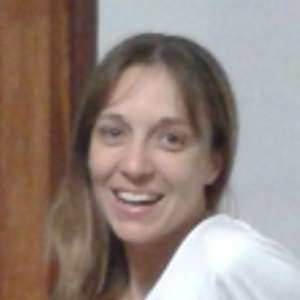
Giovanni Minervini
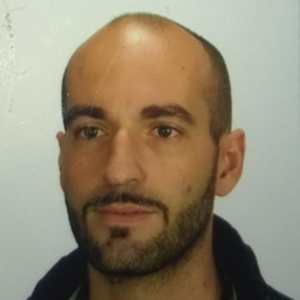 Giovanni Minervini is currently a postdoctoral researcher at the University of Padova. After his Ph.D. research under Prof. Fabio Polticelli at University of Roma Tre, he came to the Biocomputing UP group in 2012 under Silvio Tosatto at University of Padua. His current research projects focus on interdisciplinary applications of bioinformatics to the broad areas of cancer research. Dr. Minervini areas of expertise include molecular dynamics simulation and analysis, ab initio protein structure prediction, protein function characterization and analysis. Dr. Minervini has coauthored numerous journal publications, conference articles and book chapter in the aforementioned topics, and has received awards and grants from funding agencies including the AIRC (Italian Association for Cancer Research).
Giovanni Minervini is currently a postdoctoral researcher at the University of Padova. After his Ph.D. research under Prof. Fabio Polticelli at University of Roma Tre, he came to the Biocomputing UP group in 2012 under Silvio Tosatto at University of Padua. His current research projects focus on interdisciplinary applications of bioinformatics to the broad areas of cancer research. Dr. Minervini areas of expertise include molecular dynamics simulation and analysis, ab initio protein structure prediction, protein function characterization and analysis. Dr. Minervini has coauthored numerous journal publications, conference articles and book chapter in the aforementioned topics, and has received awards and grants from funding agencies including the AIRC (Italian Association for Cancer Research).
Damiano Piovesan
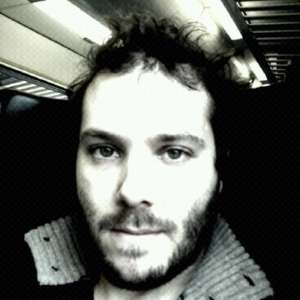 After his Ph.D. research under Rita Casadio at University of Bologna, Damiano came to the Biocomputing UP group in 2013 under Silvio Tosatto at University of Padua. From 2014 he became project leader for computational methods development in the same lab. His research is focused on structural biology and protein function prediction. His work is mainly based on network analysis including proteinprotein interaction to predict protein function, residue-interaction to reveal key residues in protein structures and large scale sequence similarity graphs to infer protein relationships.
After his Ph.D. research under Rita Casadio at University of Bologna, Damiano came to the Biocomputing UP group in 2013 under Silvio Tosatto at University of Padua. From 2014 he became project leader for computational methods development in the same lab. His research is focused on structural biology and protein function prediction. His work is mainly based on network analysis including proteinprotein interaction to predict protein function, residue-interaction to reveal key residues in protein structures and large scale sequence similarity graphs to infer protein relationships.
Luis Diambra
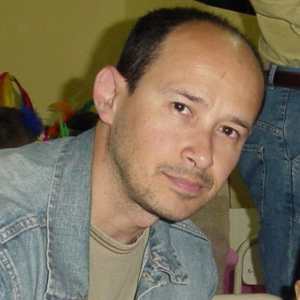
Ariel Chernomoretz
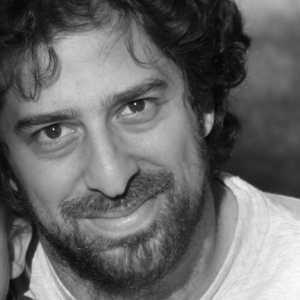 Dr. Chernomoretz obtained his PhD in Physics at the University of Buenos Aires. He spent 3 years as a Genome-Quebec postdoctoral fellow at the Bioinformatic platform of the Molecular Endocrinology and Cancer Research Center of the Laval University Medical Center (Quebec Canada). Back in Buenos Aires in 2006 he pursued his career as a full time CONICET researcher at the School of Science's Physics Department of the University of Buenos Aires, where he currently holds a Computational Physics's professor position. Since 2011 he also leads the Integrative Systems Biology Unit at Leloir Institute Foundation. His main interests are high-throughput transcriptomics, functional genomics, network biology and drug repurposing.
Dr. Chernomoretz obtained his PhD in Physics at the University of Buenos Aires. He spent 3 years as a Genome-Quebec postdoctoral fellow at the Bioinformatic platform of the Molecular Endocrinology and Cancer Research Center of the Laval University Medical Center (Quebec Canada). Back in Buenos Aires in 2006 he pursued his career as a full time CONICET researcher at the School of Science's Physics Department of the University of Buenos Aires, where he currently holds a Computational Physics's professor position. Since 2011 he also leads the Integrative Systems Biology Unit at Leloir Institute Foundation. His main interests are high-throughput transcriptomics, functional genomics, network biology and drug repurposing.
Fernando Carrari
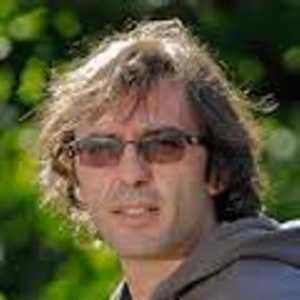
Viviana Echenique
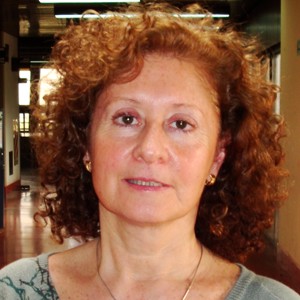
Hae Kyung Im
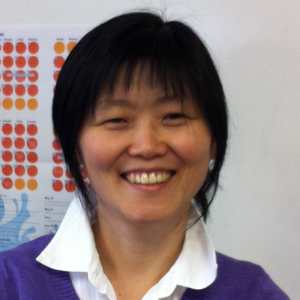 Hae Kyung Im is a researcher (Assistant Professor rank) at the University of Chicago developing models to sift through vast amounts of genomic data and generate knowledge that can be ultimately translated to improve the health of people. She received her doctoral degree in Statistics from the Department of Statistics at the University of Chicago focusing on spatial and environmental statistics. She also holds MS degrees in Physics (Instituto Balseiro) and Financial Mathematics (University of Chicago). In the spatial statistics area, she developed methods such as a semi-parametrically estimation method of spectral densities from irregularly spaced environmental datasets, a novel approach to efficiently approximate complex large-scale air quality model outputs, and a spatio-temporal approach for interpolating temperatures in the metropolitan Chicago area. Since 2009 she has worked on biomedical research enabling discoveries through a distinct statistical modeling perspective. Her current research focuses on prediction and dissection of complex traits integrating large-scale data from multiple sources. She collaborates actively with large national and international consortia such as Genotype Tissue Expression (GTEx) and T2D-GENES to identify scientific questions that are most pressing.
Hae Kyung Im is a researcher (Assistant Professor rank) at the University of Chicago developing models to sift through vast amounts of genomic data and generate knowledge that can be ultimately translated to improve the health of people. She received her doctoral degree in Statistics from the Department of Statistics at the University of Chicago focusing on spatial and environmental statistics. She also holds MS degrees in Physics (Instituto Balseiro) and Financial Mathematics (University of Chicago). In the spatial statistics area, she developed methods such as a semi-parametrically estimation method of spectral densities from irregularly spaced environmental datasets, a novel approach to efficiently approximate complex large-scale air quality model outputs, and a spatio-temporal approach for interpolating temperatures in the metropolitan Chicago area. Since 2009 she has worked on biomedical research enabling discoveries through a distinct statistical modeling perspective. Her current research focuses on prediction and dissection of complex traits integrating large-scale data from multiple sources. She collaborates actively with large national and international consortia such as Genotype Tissue Expression (GTEx) and T2D-GENES to identify scientific questions that are most pressing.
Marcel Brun
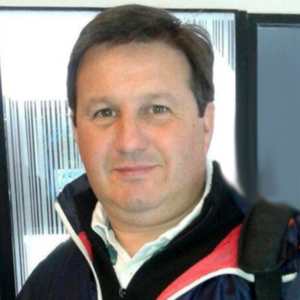 Marcel Brun received his Ph.D. in computer science from Universidad de San Pablo, Brazil, in 2002. Currently, he is Professor of the Department of Mathematics in the Engineering School at UNMDP, Argentina. He does research at the Digital Image Processing Lab, of the School of Engineering, UNMdP. His areas of interest include pattern recognition applied to genomic signal processing and biomedical image processing. His past research experience include postdoctoral stages at Texas A&M University (College Station, Texas), University of Louisville (Louisville, Kentucky) and the Translational Genomics Research Institute, TGen (Phoenix, Arizona). He is the author and coauthor of more than 30 journal articles, directing PhD students in Image Processing and Bioinformatics.
Marcel Brun received his Ph.D. in computer science from Universidad de San Pablo, Brazil, in 2002. Currently, he is Professor of the Department of Mathematics in the Engineering School at UNMDP, Argentina. He does research at the Digital Image Processing Lab, of the School of Engineering, UNMdP. His areas of interest include pattern recognition applied to genomic signal processing and biomedical image processing. His past research experience include postdoctoral stages at Texas A&M University (College Station, Texas), University of Louisville (Louisville, Kentucky) and the Translational Genomics Research Institute, TGen (Phoenix, Arizona). He is the author and coauthor of more than 30 journal articles, directing PhD students in Image Processing and Bioinformatics.
Silvina Ponce Dawson
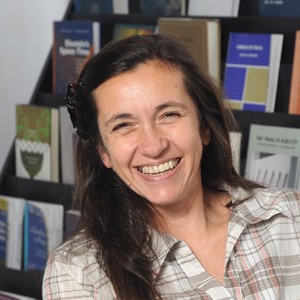 Silvina Ponce Dawson obtained her Licenciatura in Physics and her PhD at the University of Buenos Aires working on astrophysical plasmas and turbulence. She was then post-doc at the University of Maryland and at Los Alamos National Laboratory where she worked on nonlinear dynamics and chaos and on pattern formation. She came back to Argentina where she became Professor at the Physics Department of the School of Exact and Natural Sciences, University of Buenos Aires, and researcher of CONICET. She started to do research in biological physics over fifteen years ago, from the point of view of mathematical modeling at first and more recently, doing optical experiments. Her current interests include cell signaling and information transmission in cells. Silvina has been deeply involved in the issue of women in physics. In particular, she has been part of the Working Group on Women in Physics of the International Union of Pure and Applied Physics first as the representative of Latin America and later on as chair.
Silvina Ponce Dawson obtained her Licenciatura in Physics and her PhD at the University of Buenos Aires working on astrophysical plasmas and turbulence. She was then post-doc at the University of Maryland and at Los Alamos National Laboratory where she worked on nonlinear dynamics and chaos and on pattern formation. She came back to Argentina where she became Professor at the Physics Department of the School of Exact and Natural Sciences, University of Buenos Aires, and researcher of CONICET. She started to do research in biological physics over fifteen years ago, from the point of view of mathematical modeling at first and more recently, doing optical experiments. Her current interests include cell signaling and information transmission in cells. Silvina has been deeply involved in the issue of women in physics. In particular, she has been part of the Working Group on Women in Physics of the International Union of Pure and Applied Physics first as the representative of Latin America and later on as chair.
Marcelo Costabel
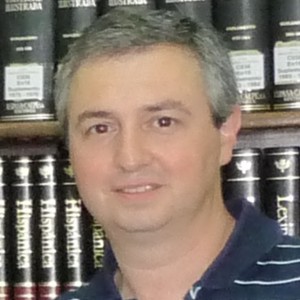 Dr. Marcelo Costabel received his Physics degree from the Universidad Nacional del Sur, Bahia Blanca and obtained a PhD at the Universidad Nacional de La Plata. After that, he did a postdoctoral stay working in protein crystallography at the Institut Pasteur, Paris, France. Back to Argentine he had a position as professor at the Physics Department of the UNS. From 2007 is Group Director of the Biophysics Group at DF-UNS/IFISUR, focusing his research in structure-function relationships of biological macromolecules using computational tools. In particular he is interested in analysis of electrostatic interactions and Molecular Dynamics simulations, working on different collaboration projects with national colleagues and scientists abroad.
Dr. Marcelo Costabel received his Physics degree from the Universidad Nacional del Sur, Bahia Blanca and obtained a PhD at the Universidad Nacional de La Plata. After that, he did a postdoctoral stay working in protein crystallography at the Institut Pasteur, Paris, France. Back to Argentine he had a position as professor at the Physics Department of the UNS. From 2007 is Group Director of the Biophysics Group at DF-UNS/IFISUR, focusing his research in structure-function relationships of biological macromolecules using computational tools. In particular he is interested in analysis of electrostatic interactions and Molecular Dynamics simulations, working on different collaboration projects with national colleagues and scientists abroad.


